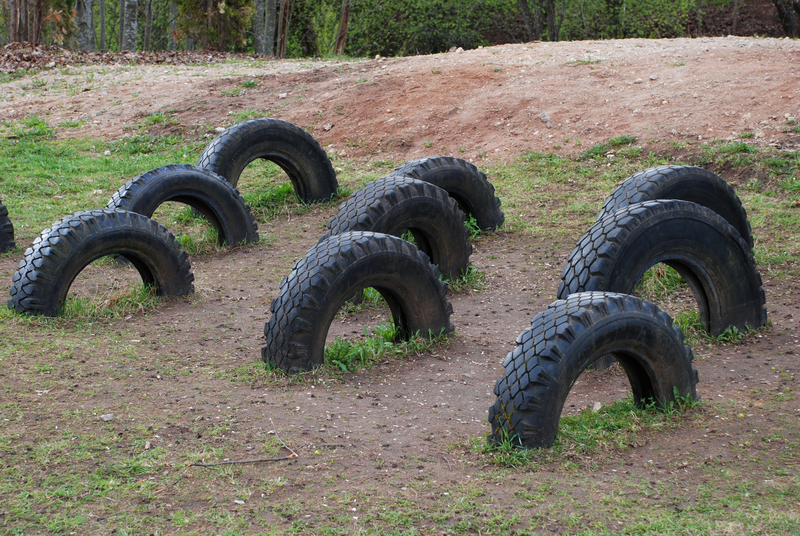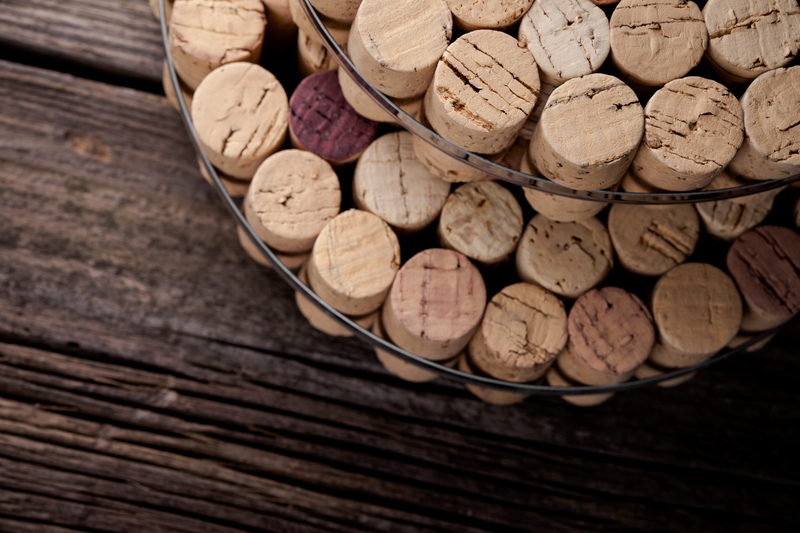What to Do with Worn-Out Pots and Pans: Sustainable Solutions for Your Old Cookware
Are your worn-out pots and pans piling up in your kitchen cabinets, gathering dust and taking up space? Instead of throwing away old cookware, consider eco-friendly ways to dispose of, recycle, or repurpose them. In today's world where environmental concerns are growing, every effort counts. This comprehensive guide explores what to do with old pots and pans, offering creative, responsible, and sustainable solutions.
Why Find Alternatives for Disposing of Old Pots and Pans?
The average household replaces its cookware every few years, often sending old pots and pans straight to the landfill. However, improper disposal of cookware contributes to environmental pollution. Not all pots and pans decompose naturally, especially those made of non-recyclable materials or coated with synthetic substances. The good news is that many old cookware items can be reused, recycled, or donated. Let's explore the best options below.

Main Keyword Variations: What to Do with Old Pots and Pans
- How to dispose of old pots and pans
- Eco-friendly ways to get rid of old cookware
- How to recycle worn-out pans
- Creative reuse for old kitchenware
How to Assess If Your Pots and Pans Are Truly Worn Out
Before deciding on the fate of your cookware, determine whether your old pots and pans are really unusable. Sometimes, a thorough cleaning or minor repair is enough to extend their life. Here are signs that your cookware is past its prime:
- Peeling or flaking nonstick coatings
- Warping or uneven surfaces
- Chipped or cracked pots
- Heavy discoloration or rust (in stainless steel or cast iron)
- Burnt or melted handles
If you've checked these boxes, keep reading for the best ways to say goodbye to your worn-out cookware.
Eco-friendly Disposal: Can You Recycle Old Pots and Pans?
Understanding Materials: Are Pots and Pans Recyclable?
The ability to recycle worn-out pots and pans depends on their materials. Most cookware is made from metals like aluminum, stainless steel, copper, or cast iron. Metal is recyclable, but certain coatings or non-metal parts may complicate the process. Here's what to look for:
- Stainless Steel and Aluminum: Typically accepted by metal recyclers.
- Cast Iron Pans: Highly recyclable and even reusable.
- Copper Cookware: Some recycling centers accept copper pans.
- Nonstick/Teflon-Coated Pans: Often not accepted at standard facilities due to chemical coatings.
Where to Recycle Old Pots and Pans
Before tossing your cookware in your regular curbside recycling bin, remember the following:
-
Check with Local Recycling Centers:
Not all centers accept cookware. Call ahead or use recycling locator websites to find specialized facilities for old pots and pans recycling. -
Scrap Metal Yards:
Most metal recyclers or scrap yards accept pots and pans, especially if you remove non-metal parts like plastic handles or glass lids. -
Municipal Bulk Waste Collection:
Some towns offer pick-up services for bulk metal waste, ideal for large kitchen clean-outs.
Tip: Remove non-metal parts such as rubberized handles or knobs to streamline the recycling process.
How to Prepare Cookware for Recycling
- Wash and thoroughly dry your pots and pans.
- Disassemble: remove handles, knobs, and any non-metal pieces.
- Group by material: This makes it easier for recycling centers to process the items.
By recycling, you ensure that valuable metals are melted down and reused, reducing the need for new resources.
Donation: Give Your Old Cookware a New Life
If your kitchenware is still in usable condition, even with some cosmetic flaws, consider donating old pots and pans instead of throwing them away. Various organizations and individuals may welcome your old cookware:
- Local Thrift Stores: Many secondhand shops accept kitchen items.
- Homeless Shelters or Food Pantries: These facilities often appreciate cookware donations.
- Community Centers: Some centers provide cooking classes for those in need and can use extra supplies.
- College Students or First-Time Renters: Young adults starting out might need affordable pots and pans.
When donating, ensure your items are:
- Cleaned thoroughly
- Functionally intact (no dangerous cracks or missing pieces)
Creative Upcycling: Repurpose Worn-Out Pots and Pans
Not all cookware needs to leave your home when it's past its prime. There are many creative ways to upcycle old pots and pans, transforming them into practical or decorative items.
Fun and Functional Repurposing Ideas
- Planters: Turn old saucepans or skillets into quirky garden planters for herbs or flowers. Drill drainage holes for best results!
- Wall Art: Hang vintage pans on your kitchen wall for a rustic, farmhouse look.
- Storage Solutions: Deep pots become organizers for utensils, gardening tools, or craft supplies.
- Birdbaths or Feeders: Upside-down lids or shallow pans make wonderful bases for backyard wildlife.
- Candle Holders: Small frying pans can be filled with wax and wicks to create custom candles.
- Clock Faces: Old pan lids are the perfect size for a DIY wall clock!
Let your imagination lead the way -- worn-out pots and pans can have a new lease on life with a little creativity!
Trade-In & Retailer Programs
Some cookware brands and retailers offer trade-in or recycling programs for used pots and pans. Here's how you might benefit:
- Brand Recycling Programs: Some cookware companies allow you to send back old products for recycling, often in exchange for discounts.
- Certain Retail Stores: A handful of major retailers host recycling drives for customers. Call ahead to check participation.
Always check the retailer's website or customer service for details on how to dispose of worn-out pots and pans responsibly.
Upgrading Your Kitchen Responsibly
Getting rid of old kitchenware is a perfect opportunity to rethink your cooking habits. Choose cookware carefully, looking for durable and sustainable options such as:
- Cast iron (long lifespan, recyclable, and easy to restore)
- Stainless steel (sturdy, nonreactive, widely recyclable)
- Copper (excellent heat conductivity, can often be re-tinned, recyclable)
- Ceramic or glass (chemically inert, but check for recycling options)
Investing in quality cookware reduces waste and the need for frequent replacement, which is better for your wallet - and for the planet.

Frequently Asked Questions about Old Pots and Pans
1. Should I throw my old pots and pans in the trash?
No, unless absolutely necessary. Most cookware contains metals and coatings that do not break down naturally in landfills. Instead, consider recycling, donating, or upcycling.
2. Can nonstick pans be recycled?
It depends. Pans with Teflon or other nonstick coatings are tricky because of the chemicals used. Few recycling centers accept them, but you can:
- Contact the manufacturer about take-back programs.
- Remove handles or parts not made of metal.
- Search for specialized recycling services in your area.
3. What if my pots or pans are severely damaged?
If the cookware is beyond repair or contains hazardous materials, such as lead-containing glazes (check vintage ceramic cookware), follow your waste management's hazardous waste disposal guidelines.
4. How can I make my cookware last longer?
- Hand wash instead of using a dishwasher when possible.
- Use the right utensils (avoid metal on nonstick coatings).
- Store pans carefully, using liners to prevent scratches.
- Regularly season cast iron cookware.
The Bottom Line: Responsible Actions for Worn-Out Pots and Pans
Getting rid of worn-out pots and pans doesn't mean contributing to landfill waste. Whether you recycle old pans, donate usable cookware, or upcycle kitchenware into something new and beautiful, you can make a positive environmental impact. Next time you're ready to declutter the kitchen, refer back to these tips on what to do with old pots and pans for a greener, more sustainable approach.
Remember: A thoughtful kitchen clean-out makes a difference. By responsibly managing your worn-out pots and pans, you help create a more sustainable future, one meal--and one pan--at a time.
